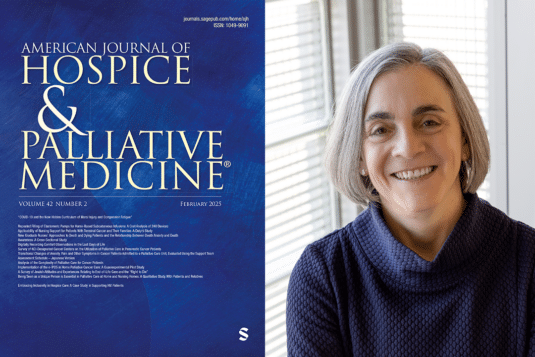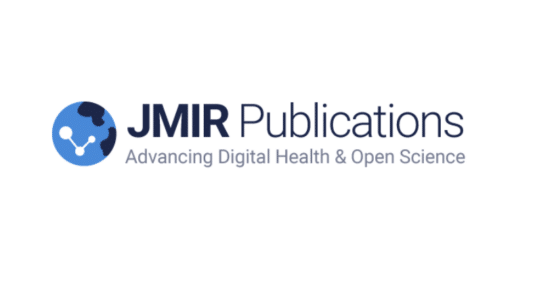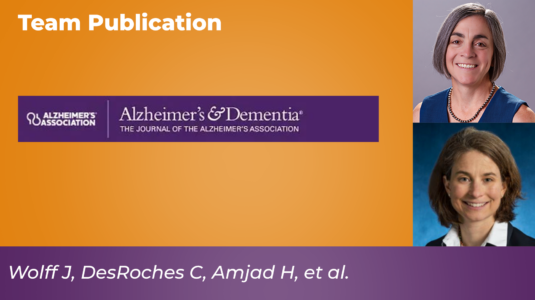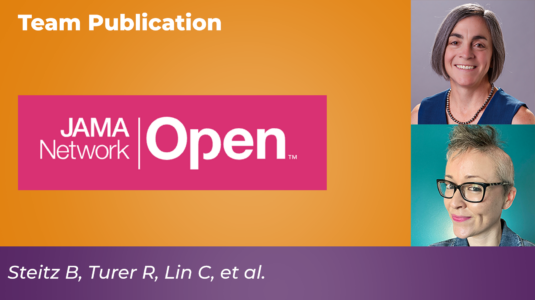Rapidly spreading information transparency could transform how patients engage in care and communicate with clinicians. Patients and families report benefits from reading discharge summaries; however, over a quarter reported a concern.
DesRoches, Catherine
Is Routine Discharge Enough? Needs and Perceptions Regarding Discharge and Readmission of Palliative Care Patients and Caregivers
This study investigated the hospital discharge process for palliative care patients and their caregivers, focusing on its patient-centeredness, discharge readiness, and links to readmissions.
Guidelines for Patient-Centered Documentation in the Era of Open Notes: A Qualitative Study
This study by Vanka, et al, presents 10 guidelines for patient-centered medical documentation, emphasizing respect, clarity, and inclusivity in clinical notes. These principles aim to empower patients, improve trust, and enhance medical education on open notes practices.
Clinician and patient perspectives on the exchange of sensitive social determinants of health information
The findings of this study suggest that a multifaceted approach, taking both patients’ and clinicians’ concerns and preferences into account, is needed to improve the collection, documentation, and exchange of SDOH data to benefit both direct patient care and broader efforts at improving public health.
Shared access to adults’ patient portals: A secret shopper exercise
Our secret shopper exercise unveiled noteworthy variability in the experiences of 18 individuals attempting to grant or receive shared access to the patient portal, highlighting multiple barriers and facilitators to shared access. The findings underscore the imperative for cross- and intra-organizational collaboration aimed at learning from the diverse experiences of patients, care partners, clinicians, and staff, and disseminating best practices.
Patient portals fail to collect structured information about who else is involved in a person’s care
“Shared access” uses separate identity credentials to differentiate between patients and care partner portal users. EHR vendors must recognize that both patients and care partners are important users of their products and acknowledge and support the critical contributions of care partners as distinct from patients.
Co-designing an initiative to increase shared access to older adults’ patient portals: Stakeholder engagement
We partnered with 3 health care organizations to co-design an initiative that aimed to increase shared access registration and use and that can be implemented using existing patient portals. Educational materials are publicly available at Coalition for Care Partners.
Catalyzing dementia care through the learning health system and consumer health information technology
This perspective discusses how emerging payment models, quality improvement initiatives, and population health strategies present opportunities to embed best practice principles of ADRD care within the LHS. We aim to stimulate progress toward sustainable infrastructure paired with person- and family-facing innovations that catalyze broader transformation of ADRD care.
Perspectives of patients about immediate access to test results through an online patient portal
In this multisite survey study of patient attitudes and preferences toward receiving immediately released test results via a patient portal, most respondents preferred to receive test results via the patient portal despite viewing results prior to discussion with a health care professional.
Patient online record access in English primary care: Qualitative survey study of general practitioners’ views
This study provides timely information on the views of GPs in England regarding patient access to their web-based health records. Overwhelmingly, GPs were skeptical about the benefits of access both for patients and to their practices.













